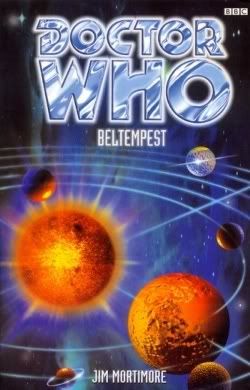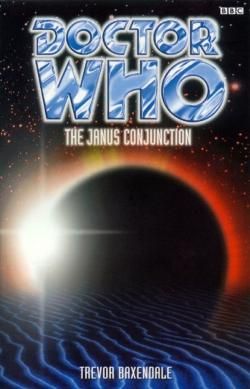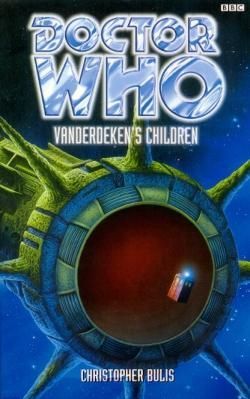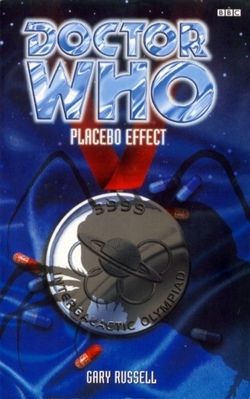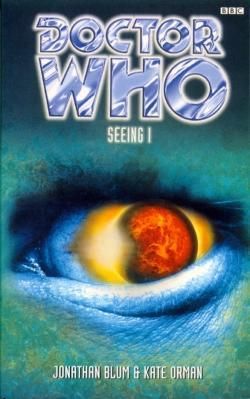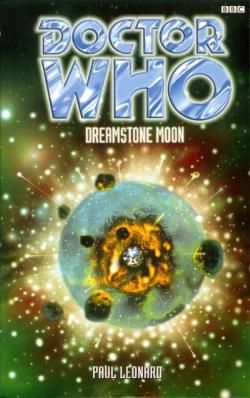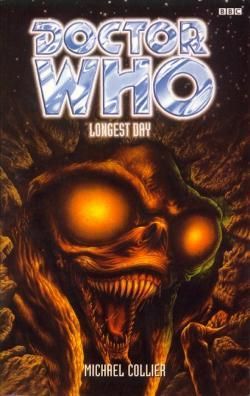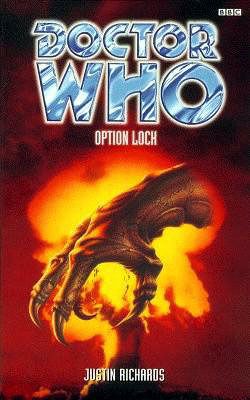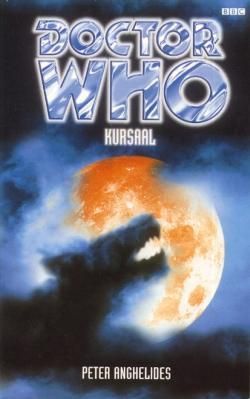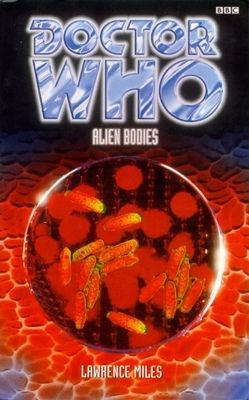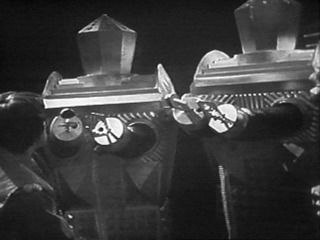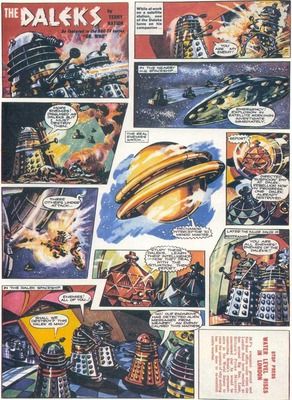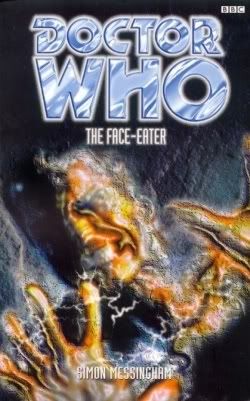
The Face-Eater by Simon Messingham
In Brief: Humanity's first colony outside of the Solar System is built on top of an Ancient Evil Terror of Horrible Deadly Doom(tm).
There's absolutely nothing memorable about The Face-Eater. Again I'm struggling to find anything to discuss about an Eighth Doctor book. A positive is that unlike some of the other entries in the series at least the novel is competently written. Of course at this point I'm starting to define competent as "at least my eyes don't feel like they want to escape from my skull as I read the text in front of me".
The big problem is that the experience of reading many of the books, and the The Face-Eater is a *very* typical example, is that there's absolutely no ambition to them. 18 books into the series and it's obvious that this is not really a continuation of Doctor Who in the same way that The New Adventures were. Instead this is for the most part a collection of tie-in books to the TV-show, except that there is no show to tie into. As such the range by this point (early 1999) is desperately floundering and in need of some form of direction.
But as to the book itself, it's an ok horror-novel with sci-fi trappings entry where The Doctor and Sam land on a planet with a small colony of humans on it. People are being killed by a shadowy "face-eater" (aka Space Vampire) who it turns out is collecting their souls or energy or something so that a large entity under the ground can emerge and KILL ALL THE HUMANS! There's also a half-crazed colony leader (with attached doomsday device she pulls out of her arse at the climax to increase page-count) and some local ape-like creatures who are they key to the planet's "terrible secret".
At the end The Doctor saves the day by sort of maybe doing something (it's not quite an "I'll explain later" but damn close) while Sam gets shot at, beat up and generally abused. The Sam-torture prevalent in the last few novels makes me suspect that the various authors involved desperately dislike the character (with good reason) and want to abuse her as much as possible. While I don't find her as irritating as many readers at the time the character is just a mistake for the range at this point. Doctor Who in 1999 didn't need a throw-back to the 1970s, it needed a way forward.
The character of The Doctor is also too lightly written. With only about an hour of TV footage of Paul McGann in the role to go on many of the authors write him in a very "loose" fashion, with other than a few mannerisms setting this version of the character apart from the rest. The result is possibly one of the least interesting versions of the character, basically the action-man of the 3rd mixed with the bland "sensitivity" of the 5th.
All of these factors are symptoms that series just doesn't seem to have any steam to it. Other than the occasional glimmer of quality when certain authors are involved (Kate Orman, Paul Magrs) working through the series is a decidedly underwhelming experience. I'm beginning to suspect that if I'd actually started these books back in the day I'd have probably started to struggle with continuing by this point.
